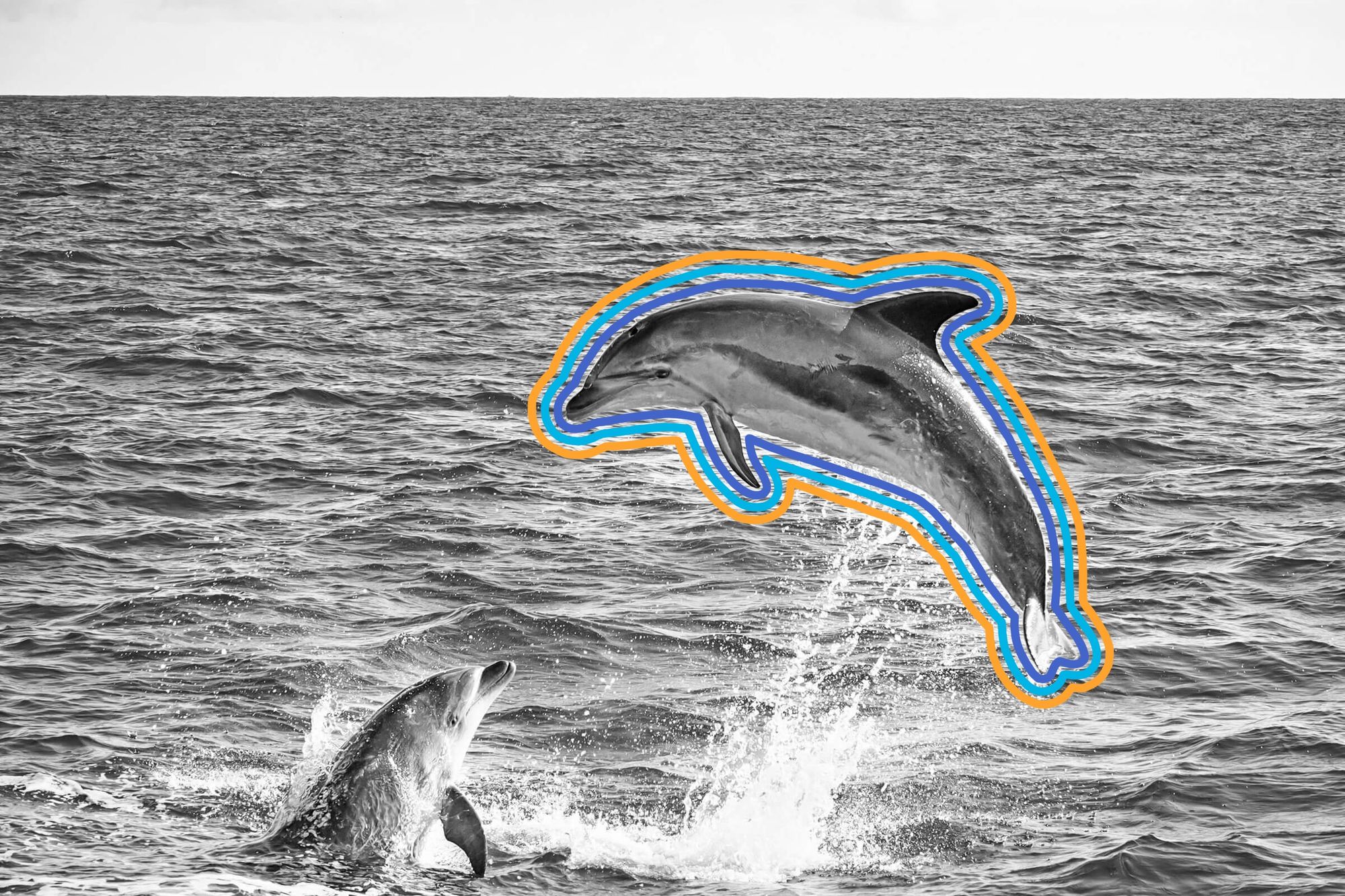
Dolphins and whales can only taste salt.
Compared to other members of the animal kingdom, humans are pretty good at tasting things. Our primate biology gives us the ability to detect five basic tastes: sweet, salty, sour, bitter, and umami (or savory). These five basic tastes create the nearly limitless flavor profiles of all the foods we enjoy (or detest) — but not all animals are so lucky. Birds, for example, can’t detect spiciness in foods, which is why a pigeon could munch on a Carolina Reaper without a second thought. Taste also varies widely among mammals, and dolphins and whales may be some of the worst off, because they have devolved to only taste salt. That’s right — these unfortunate creatures have slowly lost their sense of taste over millions of years.
In 2014, scientists analyzed the genomes of 15 species of baleen and toothed whales, and found a massive loss of taste receptors across the board. Although these receptors were technically still present, they had been irreparably damaged by genetic mutations. Researchers were particularly surprised by the loss of bitter receptors, as many toxins in the sea have a bitter taste. This slow-but-steady loss of taste is likely tied to how whales and dolphins eat, as they tend to swallow prey whole rather than chew like many fellow mammals do. So while slowly losing their sense of taste is certainly a bitter pill to swallow, luckily these cetaceans can’t taste it anyway.
Whales and dolphins are mammals, and that means they breathe air into lungs just like we do. So without water-breathing evolutionary advantages like gills, how do whales and dolphins sleep without drowning? One big benefit is that marine mammals are much better at holding their breath underwater than us primates. Sperm whales (Physeter macrocephalus), for example, can go 90 minutes without having to come up for air. But over millions of years, whales and dolphins have also developed a few strategies for catching some z’s on the go. Young cetaceans, for example, will swim alongside their mothers and rest within her slipstream. This gives calves time to develop sleeping strategies as well as put on enough blubber to keep them afloat. As adults, whales and dolphins will sleep with half of their brain still operating at a low level of alertness. The other half, along with the opposite eye, is completely asleep. This helps a cetacean keep one eye out for predators, while also periodically breaching the water’s surface to take in gulps of air through its blowhole.

